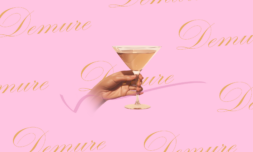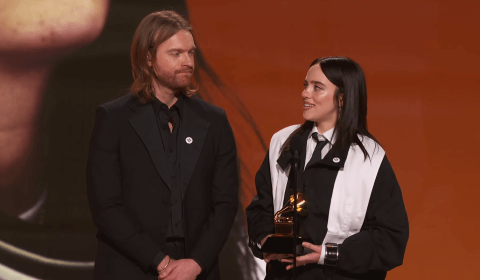On social media, young people are using ‘aura points’ to calculate how cool they are. For philosophers, the trend falls in line with Gen Z’s love of astrology and other cosmic belief systems. For members of the manosphere, it’s a lifestyle, yet another opportunity to inject the world of wellness with competitive edge.
For the average person, decoding Gen Z slang is no easy feat. Unless you’re chronically online, hearing someone utter the words ‘skibidi,’ ‘very demure, very mindful,’ or ‘that’s so brat’ will leave you scratching your head.
As confusing as this long list of ever-developing internet lingo is, however, it’s spreading like wildfire and permeating all corners of society in the process.
This is best evidenced by the recent ‘aura points’ trend, which young people across social media are using to calculate how cool they are and which is so popular that posts with the hashtag jumped 378 per cent from May to June this year.
Though ‘aura’ commonly refers to a ‘subtle pervasive energy emanating from someone,’ in this case there are no guidelines.
The system works by judging others’ actions based on a subjective and elusive ‘it’ quality which remains undefined, but that almost certainly involves being breezy, unbothered, and confident.
@maxlau136♬ son original – max💗
Tell your crush you’re into them and find out they feel the same way? +100. Trip over and fall flat while running after the bus? -1000.
Predominantly, it’s just a bit of light-hearted fun and for this reason, you’d be inclined to assume there was nothing more to it. But oh how wrong you are.
Looking beyond the silliness of this fad du jour, there are polarities.
On the one hand, it has hints of Aristotelian virtue ethics, in that Gen Zers are evaluating good and bad decisions on a scale and seeking input from others – placing emphasis on character rather than how well they follow rules or a higher power.
‘There is this zeitgeist surrounding karma and energy right now, which is why they phrase it in terms of aura,’ philosopher Julian Baggini tells the Guardian.




















